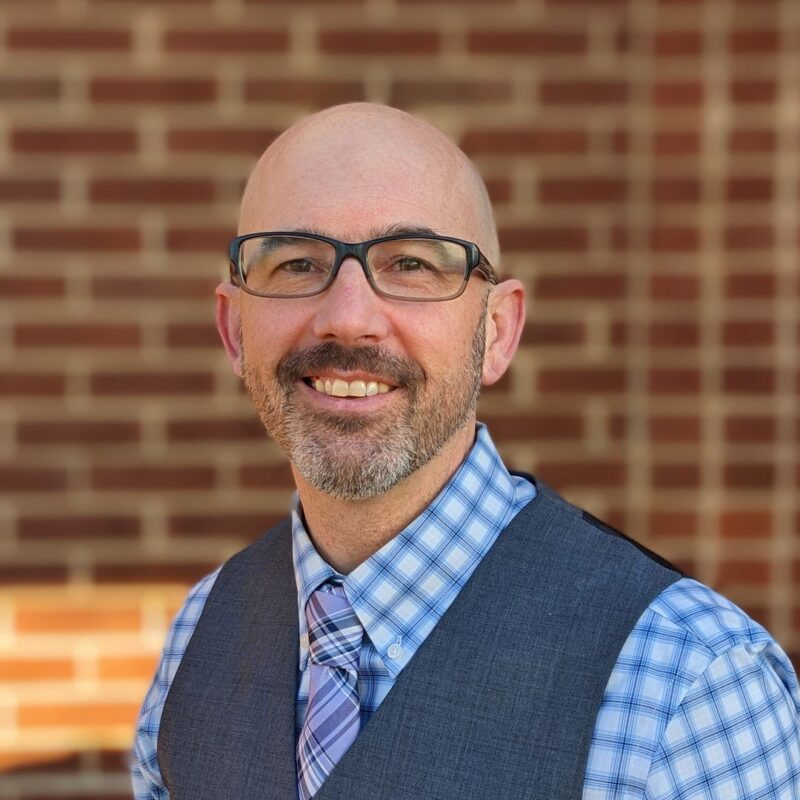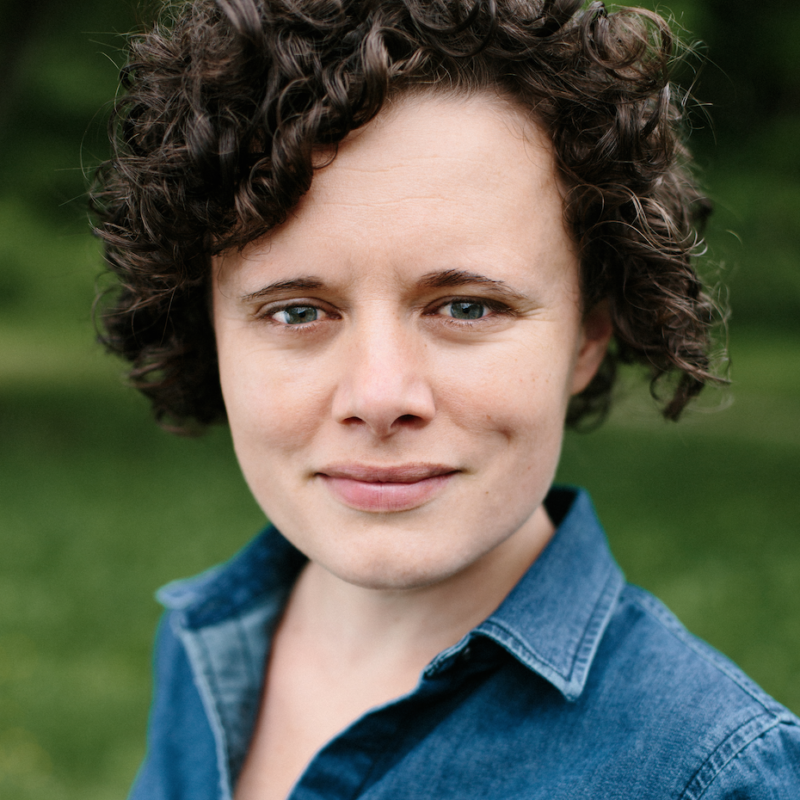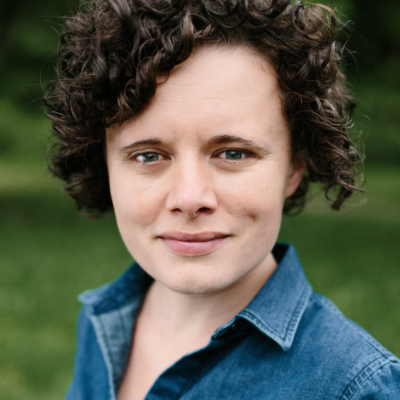When Charlottesville Police Chief RaShall Brackney took her oath in June, she was sworn in to a position already highly scrutinized by citizens of a town where many are wary of the cops. Perhaps the thing locals wanted most in a new chief was transparency, and Brackney says she has spent the past nine months trying to give it to them.
Since September, Brackney has provided stop-and-frisk data in a monthly PowerPoint posted to the city’s website. And on March 8, she held a media-only press conference to announce that the police department would immediately turn over results of an internal affairs report on complaints made against officers, and make already public arrest data available online for anyone to peruse.
She also provided a 2018 report on use of force, which showed only one instance of deadly force, when a suspect shot an officer in September 2018, and the cop returned fire, killing him.
Incidents of physical force, without weapons, were more frequent, with 20 occassions including 10 takedowns, four hands-on encounters, and one knee strike.
Making the data easily available to community members is part of Brackney’s plan to restore the reputation of the CPD and regain trust, she said.
“I really believe that this meets the community’s call for transparency,” added Interim City Manager Mike Murphy at the press conference.
But the online arrest records won’t include race, an omission that local attorney Jeff Fogel called disappointing.
“The disparity between white and black arrests is what the primary issue is, and this won’t help,” says Fogel. “The department has that information but is not providing it.”
Brackney didn’t address why.
So far, nothing the CPD has produced isn’t already public information, though it’s now easier to find, says Fogel. And, he adds, the department and city manager refuse to answer why they won’t provide certain data, such as the details of detentions (without names).
“That is the true test of transparency, that which the law does not require to be public,” says Fogel, who for years has called for cops to turn over stop-and-frisk records. His earlier demands for data resulted in the release of a 2017 report that showed approximately 73 percent of city stop and frisks involved African Americans.
Friday’s meeting, which was pushed back an hour and a half, started with a few remarks from Murphy and ended with a tame Q&A with the chief—in stark contrast to an October press conference she held outside the CPD, which was open to the public and became increasingly tense as it proceeded. That one came to a close after a couple of heated exchanges between the chief and attending activists.
Since then, a member of the Police Civilian Review Board accused Brackney of verbally attacking her, which led to a February protest outside the police station with demonstrators carrying signs that read, “Chief Brackney assaulted Katrina Turner.”
Brackney has faced severe understaffing at the department this year, and she’s listed pay, lack of take-home police cars, and the attitude of the community and of the Civilian Review Board as factors in the wholesale departure of officers. But Albemarle Sheriff Chip Harding said he’d heard complaints from cops about Brackney’s leadership, and he suggested an outside consultant do an assessment—a suggestion rebuffed by Murphy.
At the press conference, Murphy said he’s been impressed with her other accomplishments over the past nine months, such as making new assignments for officers, reviewing and changing policies, and creating a new command structure.
The new structure includes four divisions: field operations, administration, support operations, and investigations, and according to Brackney, it has allowed her to shift several of her lieutenants into different roles, eliminating assignments that kept officers cooped up at the headquarters during their shifts.
Brackney said the CPD is actively drafting potential members with a new recruitment video. There are still approximately 20 vacancies, compared to 25 at the peak of what she once called the “mass exodus.”
When asked about the current morale of those on the force, she seemed to dodge the question. Said Brackney, “When we talk about morale, it’s really just a very subjective kind of viewpoint.”
Cop complaints
Community members have also called for the Charlottesville Police Department to release a report of internal affairs investigations, or findings from cases in which people complained about their interactions with officers for issues including racial profiling, police corruption, rudeness, and unreasonable force.
Chief RaShall Brackney made these results available at the March 8 press conference, and out of approximately 40 reported allegations in 2018 (including at least five internal investigations with undisclosed results), only four complaints have so far been sustained—for inappropriate language, a traffic law violation, rudeness, and inadequate performance of duties.
Here’s how the others stack up:
- 9 complaints unfounded
- 6 complaints exonerated
- 8 complaints still open
- 6 complaints pending final review





